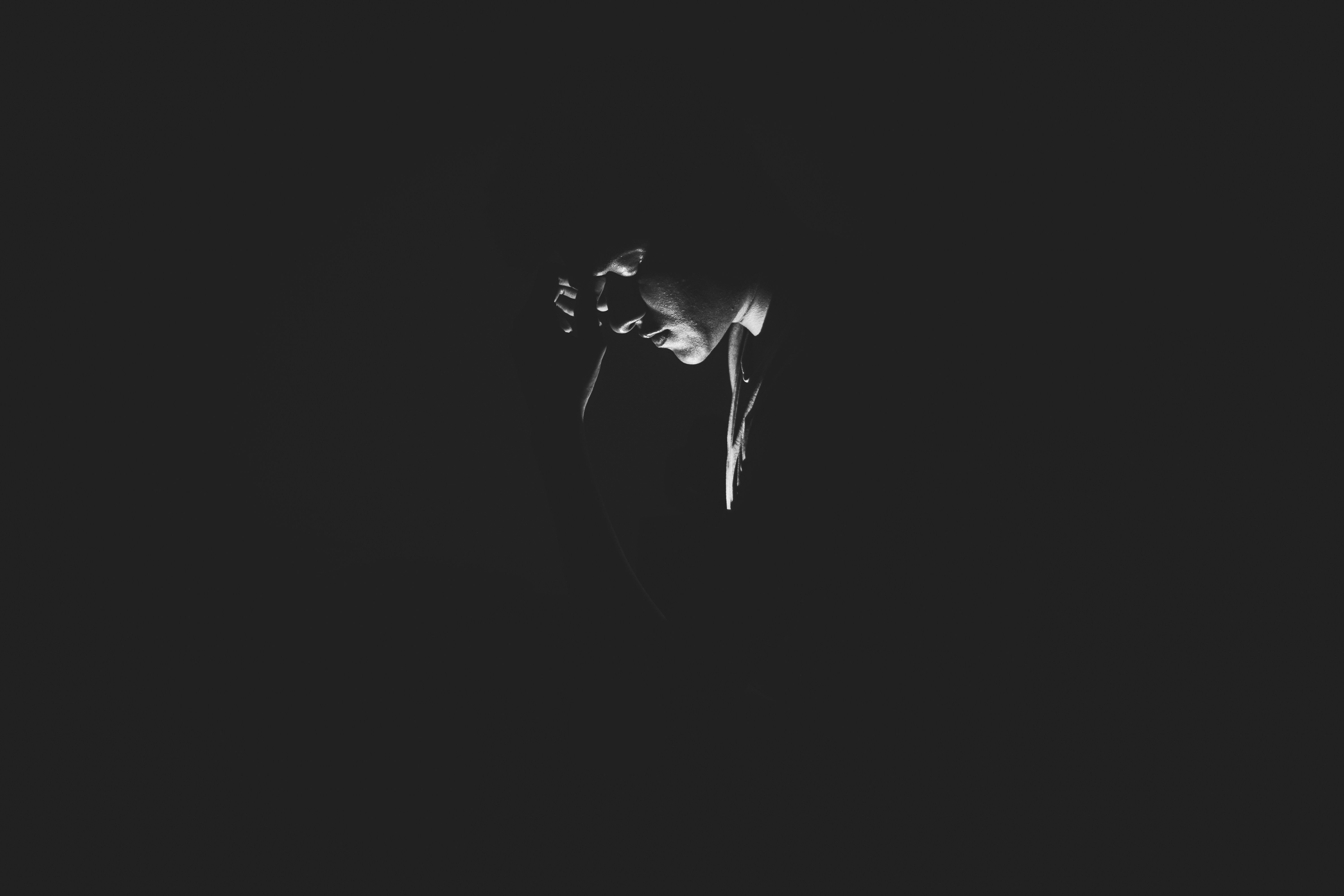
Chronic Pain Kills the Personality Slowly
A random stranger on the internet wrote, “Chronic pain kills the personality slowly.”
I couldn’t help but relate to it.
All throughout my childhood, adolescence, and young adult phase, I remember the pain of disassociation—the pain of not being present. While boarding the bus back home from school, I would hold the bars of the door tightly so that I don’t faint and fall on the ground. When I used to have bhelpuri outside school, I would think I was going to pass out. I would always feel dizzy, and standing was the hardest part to do.
Looking back, I know that I wasn’t going to faint or fall on the ground with a thump. It was the pain of disassociation—never being in the present, always being in my head, always fearing that something bad might happen, and always daydreaming.
The Pain Others Don’t See
Many won’t consider it as chronic pain. But I do—because this chronic mental agony is as much a pain to live with as physical pain.
Coming to physical pain, I would randomly feel bouts of stomach ache and headaches. Most days, I had stomach ache. I would have to leave the gym after a week because it would cause severe pain in my stomach. Doctors said it was sensitive and that I had IBS—irritable bowel syndrome—which meant I couldn’t do heavy exercises.
The little kid inside me learned to function without telling anyone about the pain. It was so regular that I thought, Who would hear me every day, all the time, complaining about it? So I would go about my day, study, and play—while in pain.
Learning to Survive, Not Live
My life was about living with the pain in my stomach, head, and pelvic floor… the dizziness, the fear of fainting, and never being present in my environment. I didn’t learn at school, from daily routines, life at home, while playing, or from life in general—because I was not participating in life. I was just surviving.
I remained naive and out of touch with reality until the ripe age of 22.
The Shock of Care
Once, sitting in class during undergrad, a friend told me she was going back home to rest because she had a stomachache and couldn’t focus or study. I was stunned to know that people take rest when they have pain in their body. I was 17 at the time.
My whole life, I didn’t know you were supposed to take rest when you have pain. She told me her parents took her to a doctor, who suggested dietary changes and gave her medicine. It was even more shocking to know that parents take such care.
I instantly felt bad. I felt the neglect. I went home and told my parents they didn’t take care of me, didn’t take me to a doctor. They said there was no point in going to a doctor if I wasn’t going to take medicines.
The Silence in the Doctor’s Cabin
Still, they took me to doctors. Every time, they said it was because of depression. My mother would say, “There is nothing like depression, you are fine, nothing has happened.”
I believed her and told myself nothing was wrong with me. I learned to believe that being lightheaded, dizzy, having stomach ache, headaches, and pelvic floor pain were normal parts of life.
One time, a doctor asked me if I “overthink.” The yes was in my throat but couldn’t come to my lips. I kept praying my mother would leave the room so I could speak freely. She never did. And I stayed silent.
Hiding Behind Daydreams
I hid behind the veil of silence—a comfort of not revealing myself, not being seen, not being heard. I stayed in my own thoughts, my own world of daydreaming, far from reality, surviving with a body full of pain and neglect.
I never learned to understand my needs and discomforts, to cure my physical problems, to voice out my mental agony, to tell people I was not feeling well, to have people who cared for me when I said so.
Now, as an adult, I’m in good company—people who ask others to rest when they are unwell. I’m amazed it can happen in life. But I still can’t bring myself to say, “I’m not feeling well.”
Carrying the Weight Alone
How many times would they take my responsibilities while I rest? I am always low on energy, depressed, sleepless, lifeless, and in pain. I can’t be a burden on someone else. Even in pain, I push through my work without taking a day off.
With chronic pain, I cannot function properly. I avoid social gatherings, I can’t read books, go for walks, take a bath, watch a movie, write, or study—because my stomach is hurting so badly.
Yes, it is killing my personality.
A Small Light
Today, I decided to write. And for a moment, I feel alive.
Maybe, being more present in life—experiencing and truly living—can heal chronic pain.
Or maybe… I still have a long way to walk before I feel peace.
The stories shared here are user-submitted and reflect personal experiences.
iDare does not verify or take responsibility for the content or claims made.
Stories are published as-is, without edits, to honor the authentic voice of our users.
If you or somebody you know is struggling with pain management and needs to get in touch with a therapist, consider reaching our Support and Engage verticals for affordable and inclusive help!
Like our content? Please show us some support by sharing and up-voting!
Image Credits: Unsplash
